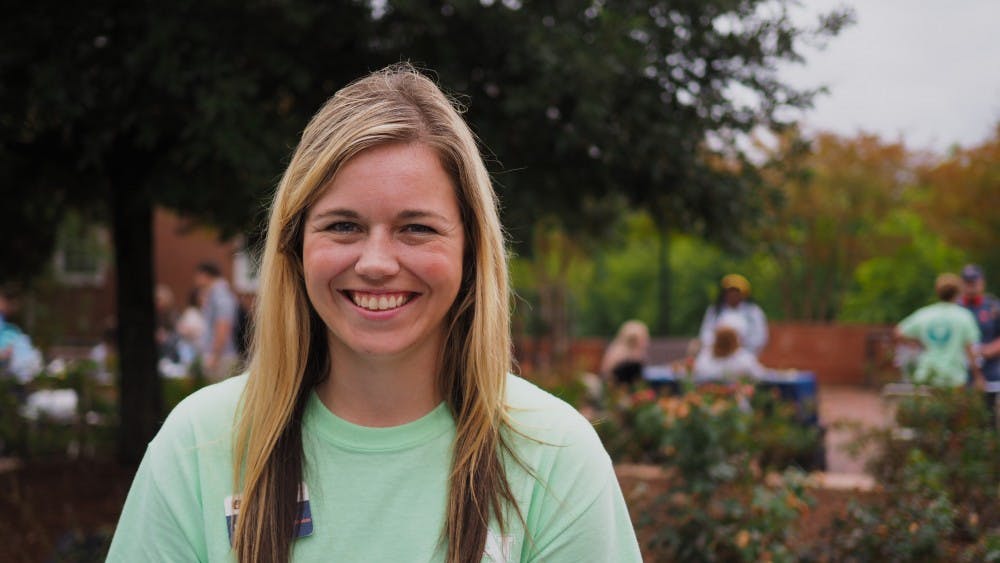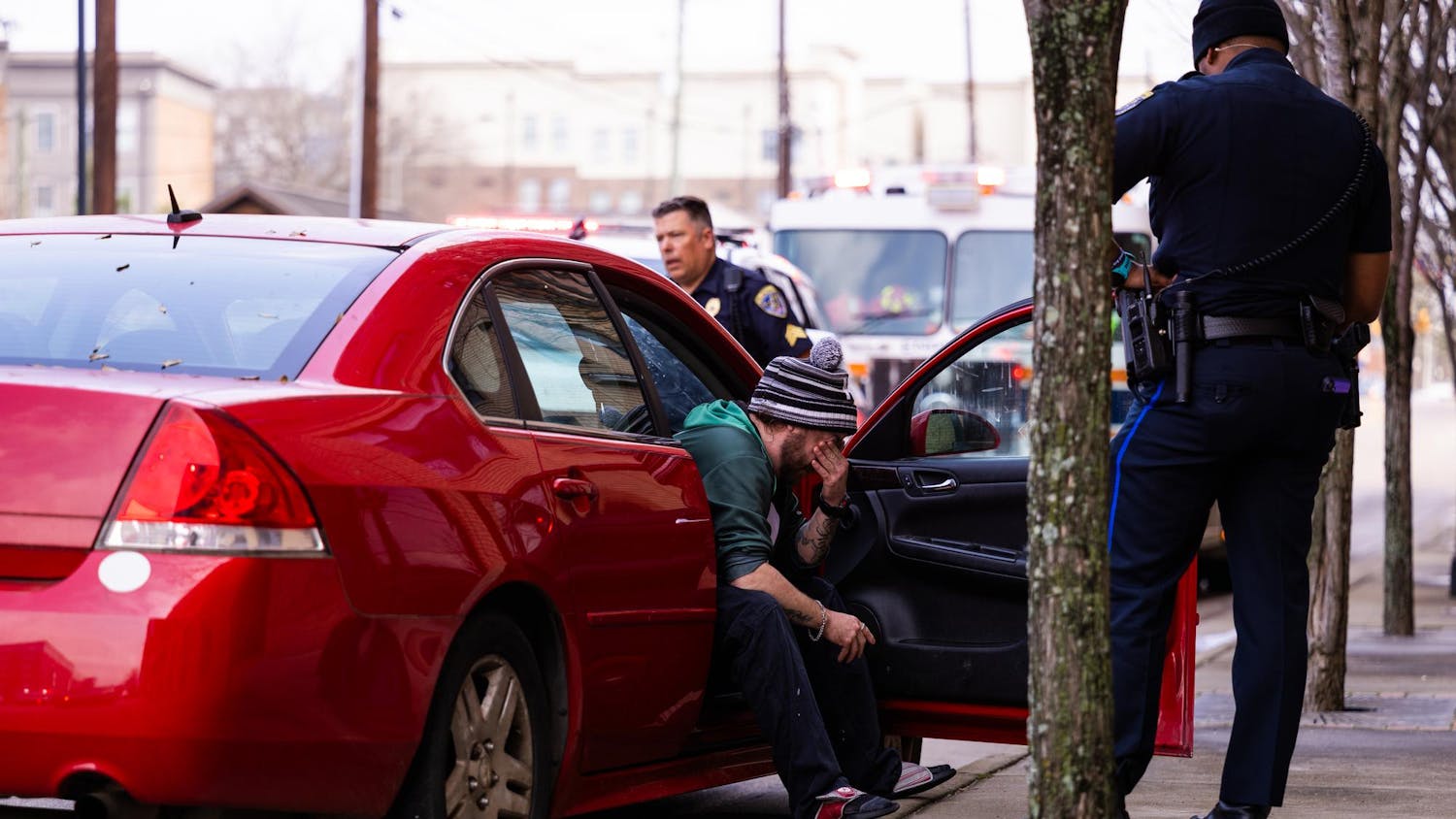Markie Pasternak was volunteering at a middle school dance on Dec. 11, 2009. A sophomore in high school, she had just spent the day at the mall with her then-boyfriend.
On July 5, 2008, a Saturday, she was at her family’s cabin in northern Wisconsin. Her aunt was 20 days away from giving birth.
Nearly 10 years later, Pasternak, coordinator of outreach and peer education in the office of Health Promotion & Wellness Services, still recalls these events as if they were yesterday.
Pasternak was confirmed to have Highly Superior Autobiographical Memory after taking a cognitive psychology class at Marquette University in Milwaukee, Wisconsin.
“[My professor] mentioned HSAM,” she said. “After class, I went up to her and said, ‘Hey, so you know that thing you were talking about where people can remember every day of their lives? I can do that.’”
Fewer than 100 people have been confirmed to have HSAM.
However, Pasternak said that she has embraced this aspect of her life.
“Just because something is different doesn’t mean it’s bad,” she said. “I hate when people treat HSAM like a mental health diagnosis because it’s not. It’s an ability. I can do something that a lot of people can’t do.”
Pasternak said that she has used this experience to help promote mental health awareness, and she strives to empower those who still struggle with mental health issues.
“I knew I had this ability, but I didn’t know it was useful or would be useful in any way,” she said. “I can use what I’ve learned about stigma and, you know, defining yourself as the person first with different mental health abilities or conditions or what have you — whether they’re positive or negative.”
Since coming to Auburn in 2015, Pasternak said she has had the opportunity to work in multiple facets of her field.
“This job opened here at Auburn, and it was the perfect mix of what I wanted to do on a college campus — mental health, mental wellness advocacy,” she said.
After creating a mental health task force, Pasternak said the University has narrowed its focus in ways to improve the campus’ mental health services.
“They created this whole thing and have put the resources, the effort, the time into achieving the goals that task force recommended,” she said. “I think the things that need to be improved upon, we’re working on, which is kind of great.”
Health Promotion & Wellness Services, which falls under the Division of Student Affairs, recently created a website called “A Sound Mind.”
“[The website] is an all-encompassing one-stop-shop for mental health on campus,” she said. “You can go on this website, and you have all the resources for mental health on Auburn’s campus.”
The name comes from a portion of the Auburn Creed — “I believe in a sound mind, a sound body and a spirit that is not afraid” — and Pasternak said she hopes students, both current and incoming, will take advantage of the site’s resources.
“I was a first-generation college student, so I didn’t really have any context for how to get help in college in the first place,” she said. “I knew that also ... when I went to college, I did need help with some mental stuff … if this would have existed, it would have been really great.”
Pasternak added that the site can also be used as a resource for friends and family that may be concerned about someone they know.
“It lays out step-by-step what you should do when you’re talking to a friend and gives you tips on how to act when you are talking to that person to make them comfortable enough to disclose things but also draw that boundary of like, ‘We need to tell somebody,’” she said.
She said that reaching out for help has been an invaluable asset in her life, allowing her an opportunity to work through things she had dealt with in the past.
“I got help and that was like the bravest thing that I think I’ve ever done,” Pasternak said. “And if I wouldn’t have gotten help, I wouldn’t have known how to cope with some of the anxiety that my memory could give me.
Pasternak added that she wanted to be able to enjoy the good parts and discover who she was.
“I wanted to be able to enjoy the good parts and discover who I was. Getting help opened a lot of doors for me, and I hope students know that it will open a lot of doors for them too in their lives.”
Do you like this story? The Plainsman doesn't accept money from tuition or student fees, and we don't charge a subscription fee. But you can donate to support The Plainsman.





